In the world of farming, efficiency is paramount. From irrigation to livestock management, farmers constantly seek ways to enhance productivity while minimizing manual labor and resources. Enter the humble yet indispensable farm equipment water pump. This device serves as the beating heart of many agricultural operations, powering and optimizing a wide range of essential tasks. In this article, we will explore the myriad uses of water pumps in farming, highlighting their importance and potential impact on agricultural productivity. 1. Irrigation Systems: Water pumps are the backbone of efficient irrigation systems on farms, ensuring that crops receive a consistent and optimal water supply. These pumps draw water from wells, ponds, and other water sources and distribute it across fields through a network of pipes and sprinklers. By automating the irrigation process and providing water precisely when and where it is needed, farmers can optimize water usage, minimize waste, and ensure optimal crop growth. 2. Livestock Watering: In addition to crop irrigation, water pumps play a critical role in providing clean and accessible water to livestock.
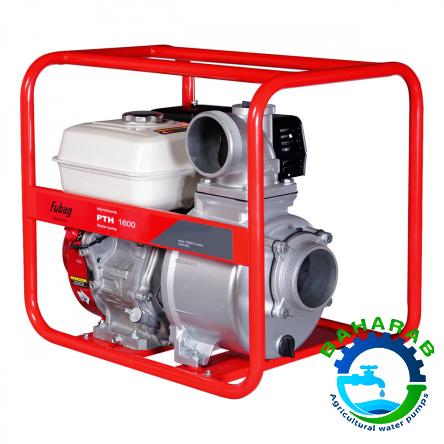
.
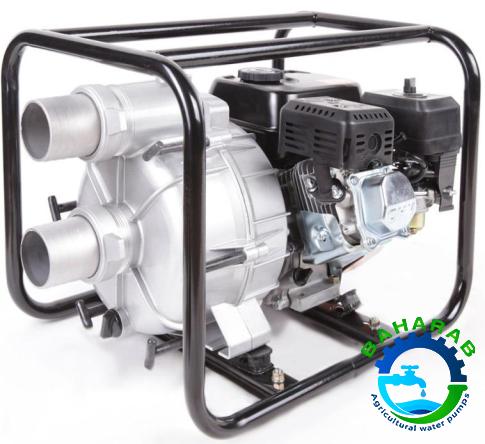 From dairy farms to poultry houses, these pumps ensure a stable and reliable water supply for animals, supporting their well-being and productivity. Water pumps can be connected to troughs, tanks, or other watering systems to maintain a constant flow of water for livestock, even in remote and challenging locations. 3. Aquaculture and Fish Farms: Water pumps are indispensable assets in aquaculture and fish farming operations. By maintaining proper water flow and oxygenation, these pumps help promote healthy fish growth and prevent water stagnation. They circulate water within fish tanks, ponds, and raceways, ensuring the optimal environment for aquaculture. By automating water flow, farmers can control water temperatures, manage waste, and maintain ideal oxygen levels, leading to improved fish health and increased production.
From dairy farms to poultry houses, these pumps ensure a stable and reliable water supply for animals, supporting their well-being and productivity. Water pumps can be connected to troughs, tanks, or other watering systems to maintain a constant flow of water for livestock, even in remote and challenging locations. 3. Aquaculture and Fish Farms: Water pumps are indispensable assets in aquaculture and fish farming operations. By maintaining proper water flow and oxygenation, these pumps help promote healthy fish growth and prevent water stagnation. They circulate water within fish tanks, ponds, and raceways, ensuring the optimal environment for aquaculture. By automating water flow, farmers can control water temperatures, manage waste, and maintain ideal oxygen levels, leading to improved fish health and increased production.
..
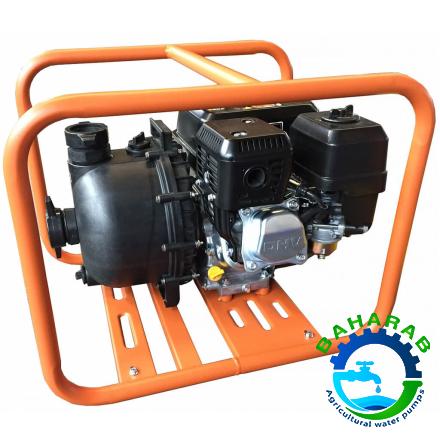 4. Manure and Waste Management: Effective management of animal waste is a critical aspect of sustainable farming practices. Water pumps are used to transport manure and other waste materials from barns, stables, or holding tanks to storage lagoons or composting facilities. By efficiently moving waste, water pumps help prevent environmental contamination, reduce odors, and facilitate proper waste management processes. This minimizes the impact on surrounding ecosystems, protects water quality, and promotes healthier livestock and crop production. 5. Pond and Water Feature Maintenance: Many farms incorporate ponds, reservoirs, or decorative water features for aesthetic or functional purposes. Water pumps are essential tools for maintaining the cleanliness and health of these water bodies. They assist in the circulation of water, preventing stagnation and the growth of harmful algae. Additionally, pumps can be used to aerate water, ensuring sufficient oxygen levels for fish and other aquatic life.
4. Manure and Waste Management: Effective management of animal waste is a critical aspect of sustainable farming practices. Water pumps are used to transport manure and other waste materials from barns, stables, or holding tanks to storage lagoons or composting facilities. By efficiently moving waste, water pumps help prevent environmental contamination, reduce odors, and facilitate proper waste management processes. This minimizes the impact on surrounding ecosystems, protects water quality, and promotes healthier livestock and crop production. 5. Pond and Water Feature Maintenance: Many farms incorporate ponds, reservoirs, or decorative water features for aesthetic or functional purposes. Water pumps are essential tools for maintaining the cleanliness and health of these water bodies. They assist in the circulation of water, preventing stagnation and the growth of harmful algae. Additionally, pumps can be used to aerate water, ensuring sufficient oxygen levels for fish and other aquatic life.
…
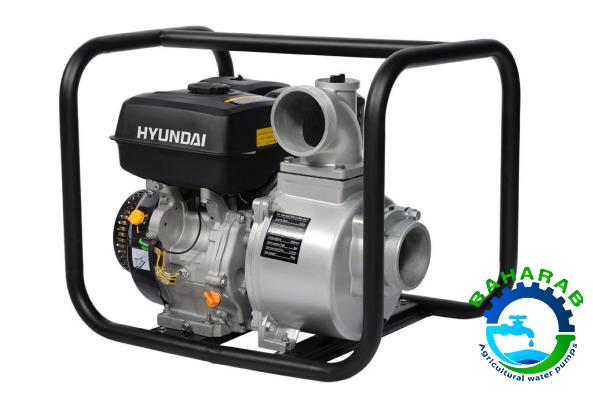 Efficient water circulation enhances the overall productivity and ecology of farms, contributing to a more sustainable environment. Conclusion: Farm equipment water pumps are versatile and powerful tools that form the backbone of modern agricultural operations. From irrigating crops to powering livestock watering systems and maintaining fish farms, these pumps contribute significantly to increased productivity, water efficiency, and sustainable farming practices. As technology continues to advance, water pump systems are becoming increasingly automated and user-friendly, allowing farmers to optimize their operations and achieve higher yields while conserving valuable resources. By recognizing the importance of water pump usage and staying up-to-date with emerging technologies, farmers can continue to revolutionize their practices and secure a prosperous future for the agriculture industry.
Efficient water circulation enhances the overall productivity and ecology of farms, contributing to a more sustainable environment. Conclusion: Farm equipment water pumps are versatile and powerful tools that form the backbone of modern agricultural operations. From irrigating crops to powering livestock watering systems and maintaining fish farms, these pumps contribute significantly to increased productivity, water efficiency, and sustainable farming practices. As technology continues to advance, water pump systems are becoming increasingly automated and user-friendly, allowing farmers to optimize their operations and achieve higher yields while conserving valuable resources. By recognizing the importance of water pump usage and staying up-to-date with emerging technologies, farmers can continue to revolutionize their practices and secure a prosperous future for the agriculture industry.
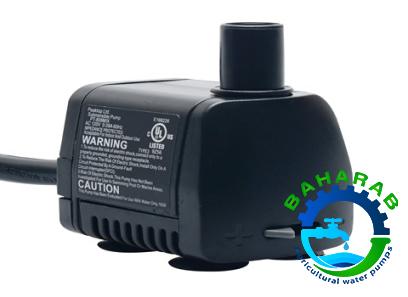
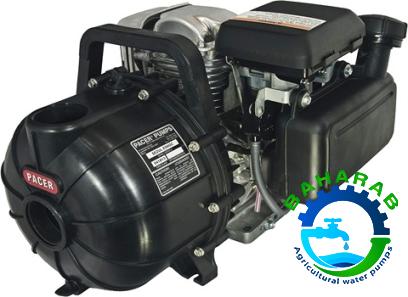
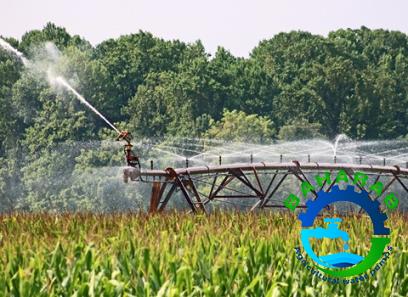
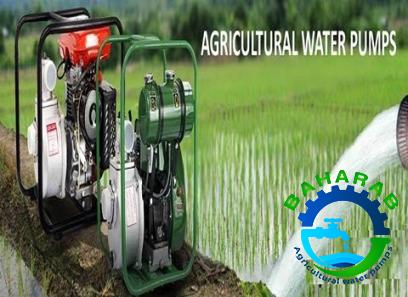
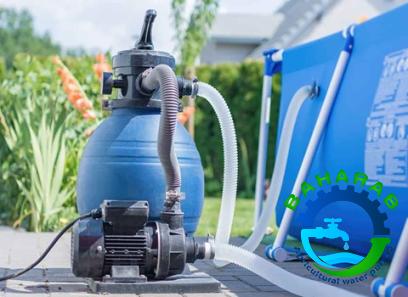
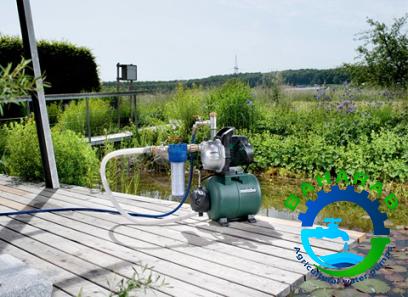
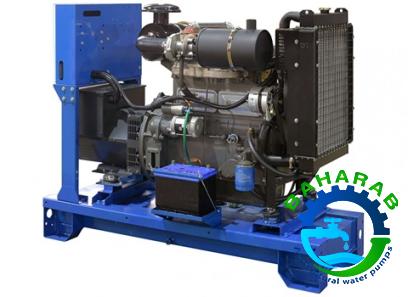
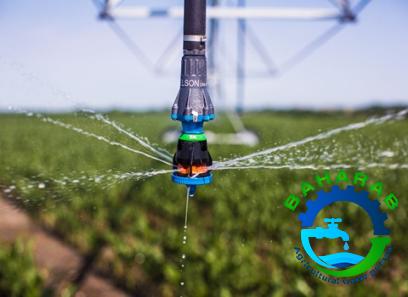
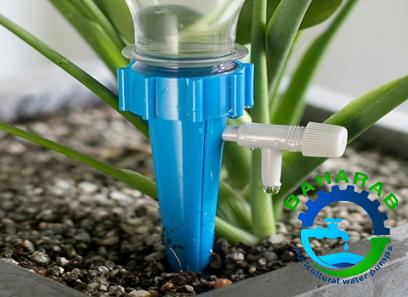
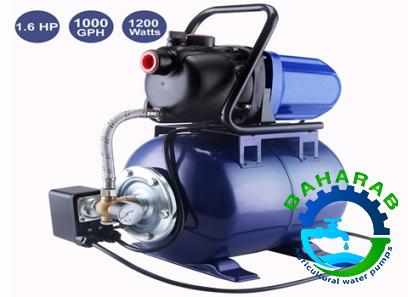
Your comment submitted.